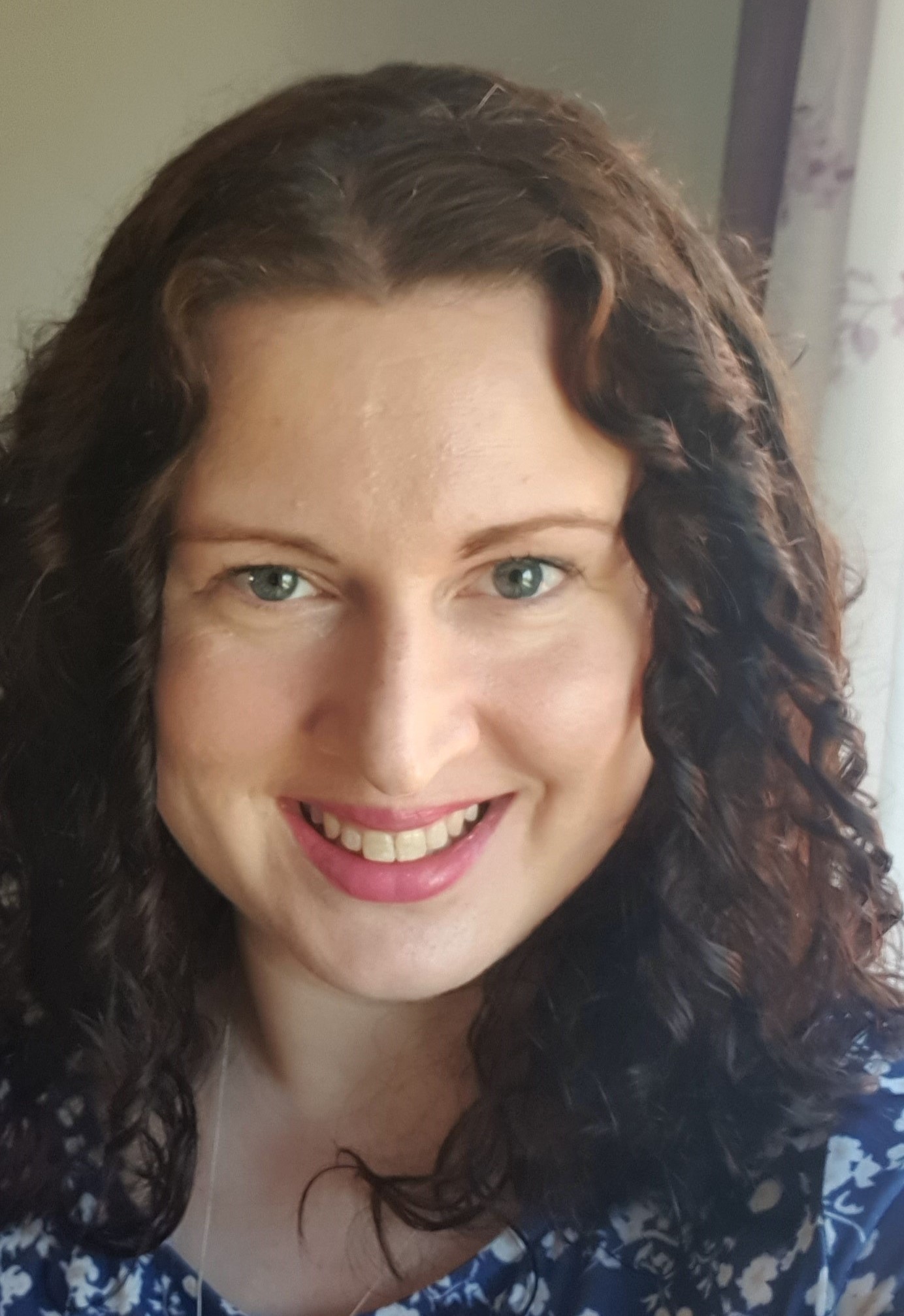
Article by Emily Thornton, Project Manager, Association for Project Management
In the midst of the ongoing pandemic, with routines regularly disrupted and any sense of normality still absent, pursuing this annual promise-making tradition with more enthusiasm than ever could bring a welcome sense of structure and achievement, if it’s done right.
Whether you’ve got ambitious business targets or personal goals, taking a somewhat more formal approach to your hopes for the New Year can increase your chances of making them a reality. What better profession to look to for advice on getting the job done than project management? Below are my top tips on how to project manage your way to successful New Year’s resolutions.
When starting any project, it’s crucial to have a clear picture of both the end goal and its benefits. So, once you’ve established the ‘what’, make sure you understand the ‘why’ behind it. What do you hope to gain from it? The clearer and more specific you can be on this point, the more motivated you’re likely to be.
If you want to be healthier, why is it important to you? What will it feel or look like? Perhaps you want to be able to run a certain distance or have the strength to do a fun activity with your kids. If you are going on holiday, you may want to learn some phrases of the language spoken in the country you are going to visit.
Goal setting isn’t a one-size-fits-all exercise. You may be familiar with two popular approaches to project management: waterfall and agile. Choose whichever suits your personality best.
If you enjoy structure, then consider waterfall. Within this framework, you’ll set clear milestones and identify all the tasks you need to complete to hit them. This can be especially effective if you’re building towards a specific goal, such as running 5 km by a particular date.
An agile approach might be more suitable if you’re less sure on your end goal, or exactly how you’ll get there. This involves more experimentation, trying things out to see what works for you and making small refinements along the way until you end up with your final product. You might want to try out an exercise routine for a few weeks, then see how that’s working for you in terms of approach. You could then make refinements in terms of the mix of activities, frequency or whether you’d like to get a trainer.
Every project requires some number of resources. What, or who, do you need to help you be successful?
In pursuit of a healthier lifestyle, maybe you need some new trainers so your feet don’t hurt, or some headphones, because you run better with music. A running buddy, someone to go to your first exercise class with you, or a WhatsApp group of people with similar resolutions can offer the emotional support you might need to keep going, or even get started. If you are keen to learn a new language, then you may want to download an app or find a conversation partner to help you in your learning.
As the figures from YouGov illustrate, a lot of people don’t reach the finish line. It’s natural to lose some confidence in your resolutions at some point, or for something to happen in your life that impacts your carefully laid plan. Thinking about the risks ahead of time and strategies to cope can help counteract this.
If work gets busy and you miss some runs, build in a few extra weeks to your plan to allow you to make up for the setback. Or if you’re struggling to motivate yourself, define your minimum viable product (MVP), the simplest form of the tasks you need to complete, and do that until you can take on more.
The more you anticipate and plan for the risks, the less likely you are to be pushed off course, and the less the pursuit of perfection will inhibit your progress.
A key part of project management is reviewing your business case. Sometimes it isn’t valid anymore, or you’re not getting the benefits you expected. This applies to resolutions too.
You might realise you hate running! This is absolutely okay. A resolution is only useful if it’s helping you in some way. If hitting the pavement is hurting your knees or making you miserable, then you can judge whether the costs outweigh the benefits, and if your business case is still valid.
It’s no good sticking to resolutions for the sake of it. If your goal isn’t bringing you any joy, come up with a new one. Instead of running, maybe swimming’s more your sport, helping you achieve the same end goal.
If you take anything away from project management, let it be that flexibility is key. Life happens. Know what you want to accomplish, be prepared and accept that sometimes change is necessary.
 About the author
About the authorEmily Thornton is a qualified project manager with both PRINCE2 and APM qualifications. She is currently employed at Association for Project Management (APM), having previously worked predominantly with clients and organisations in the learning and development sector.
